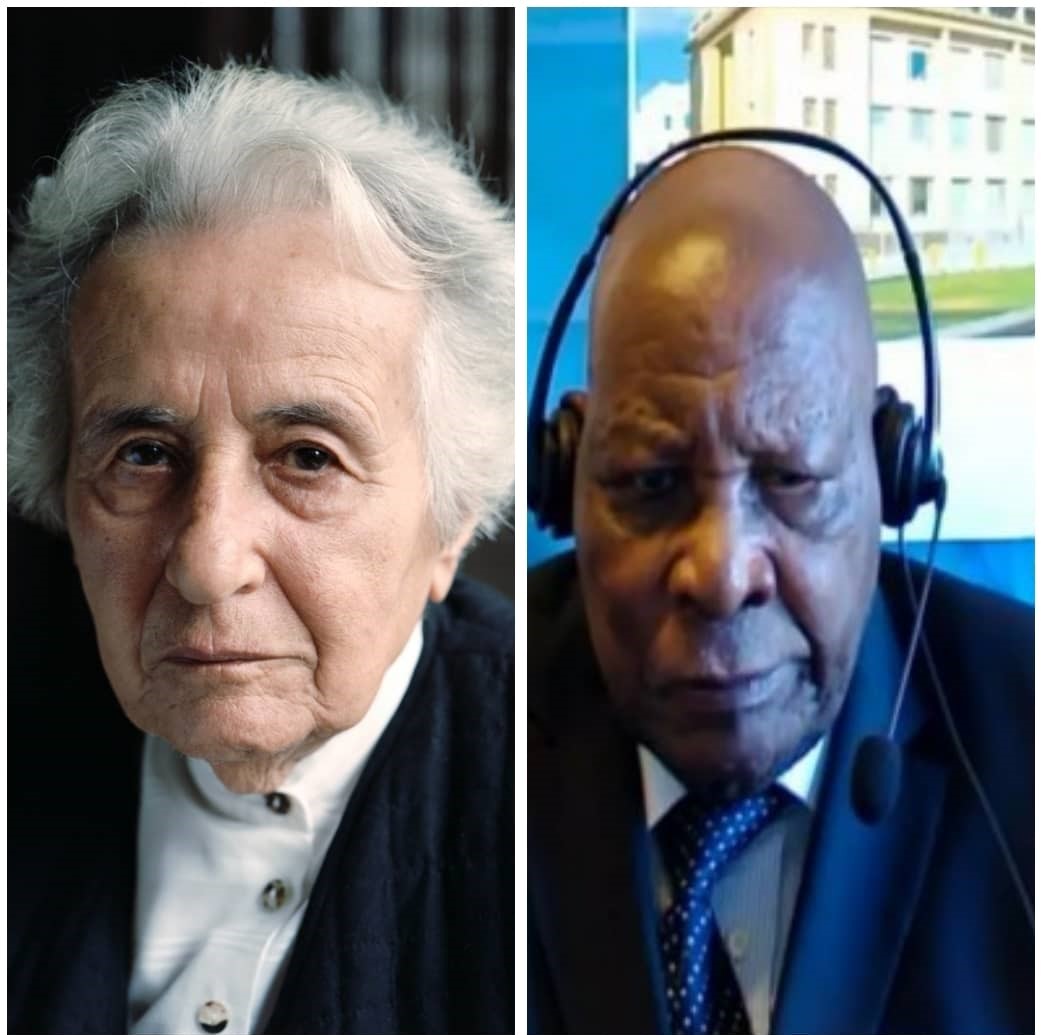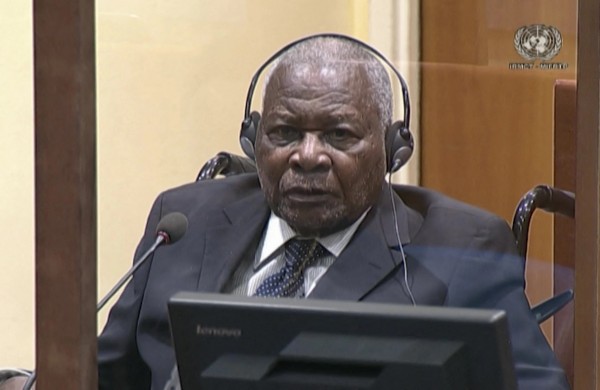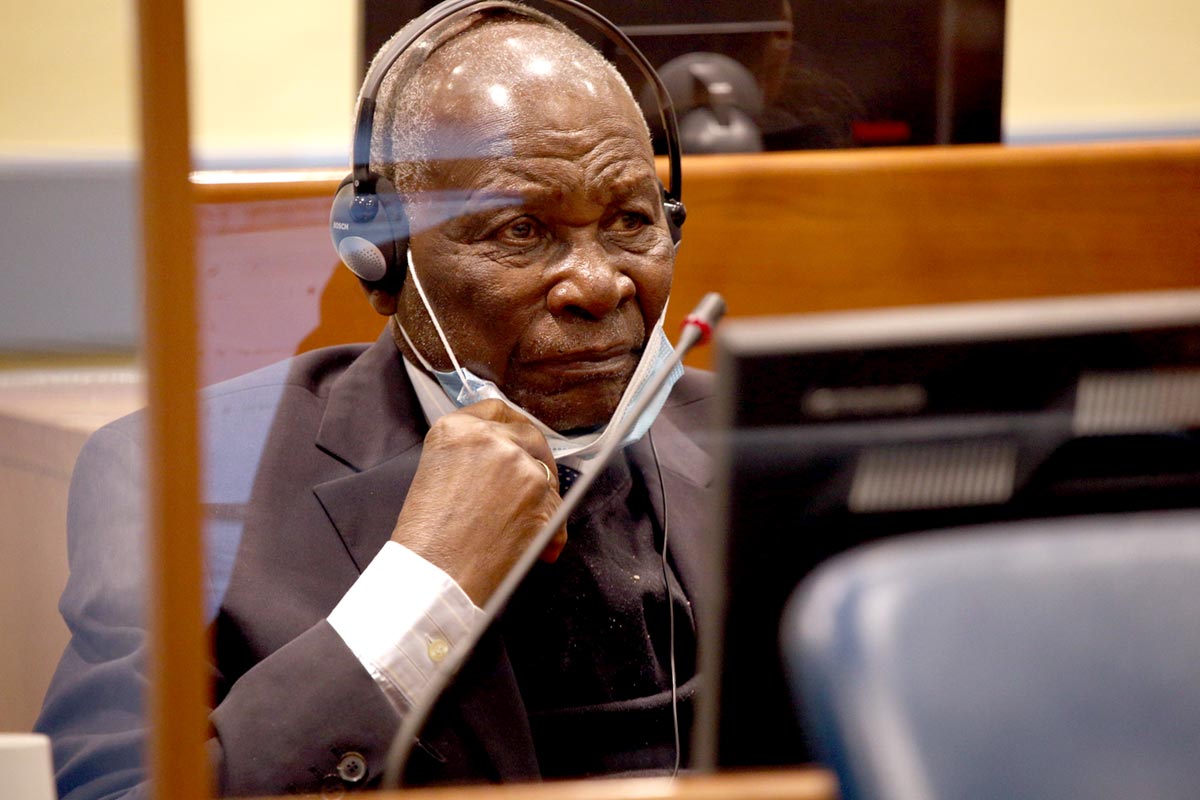International
Rwanda: Genocide suspect Kabuga to be released; what if he had been a Nazi?
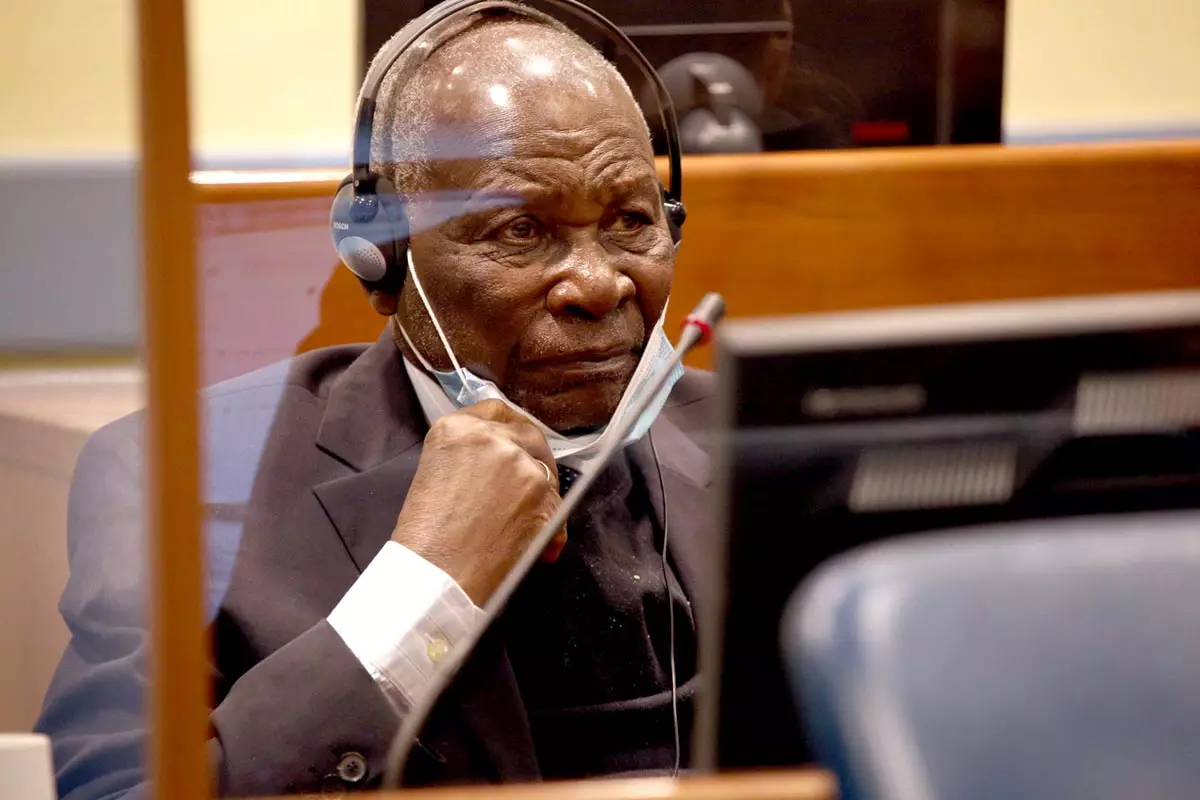
The
Appeals Chamber of the International Residual Mechanism for Criminal Tribunals ruled
that an indefinite stay of proceedings was imposed on Félicien Kabuga’s lawsuit,
in view of Kabuga’s alleged lack of fitness to stand trial.
The Chamber
further instructed the Trial Chamber to expeditiously consider the issue of Kabuga’s
detention on remand.
The
90-year-old was a businessman before and during the 1994 Genocide against the
Tutsi in Rwanda. He is charged with seven counts which include genocide,
complicity in genocide, direct and public incitement to commit genocide, attempt
to commit genocide, conspiracy to commit genocide, as well as persecution and
extermination as crimes against humanity.
Kabuga
was arrested in France in May 2020.
Nicknamed
‘genocide financier’ for he allegedly provided substantial support to the
genocide in terms of finance, logistics and moral support, Kabuga had been on
the run for nearly three decades.
Victims
and survivors of the Genocide were very disappointed in the jury's verdict. They
waited for three decades to see if justice will be delivered.
Kabuga’s
case has been a sham from the beginning.
How
could he hide for more than 20 years in a country with advanced intelligence
and technology? Upon his arrest, why did France never charge Kabuga with
impersonation, forgery and falsifying of identification? There are many
unanswered questions.
The
Kabuga case unmasked the persistence of negationism and denial of the 1994
Genocide against the Tutsi, through various attempts to minimize the scale and
severity of the genocide.
Again,
one wonders; had it been a Nazi, would the court have let Kabuga go?
For instance,
since the beginning of his trial Kabuga claimed to be too old to stand
trial. But it has been proven that no
one is too old to face justice.
Irmgard
Furchner, 97, a former secretary who worked for the commander of a Nazi
concentration camp was convicted in December 2022, of aiding and abetting the
murders of more than 10,500 people, and being complicit in the attempted murder
of five others. She was given a two-year suspended jail term, making her the
first woman to be tried for Nazi crimes in decades.
Related: Kabuga
and Furchner: None too old to face justice
Vincent
Gigante, a powerful New York mob boss, avoided prison for decades by faking
mental illness, where he wandered in the streets in a ratty bathrobe and
slippers while talking to himself.
His
insanity ruse came to an end in 2003, when he admitted faking it.
Unlike
Kabuga, Gigante was sentenced for his crimes, and died in a federal prison in
2005.
Related: Kabuga’s
dementia, another ploy to evade justice
Again,
IRMCT halted Kabuga’s trial citing a medical report that stated that he had
clinical dementia, his family claiming that he was ‘forgetful’ and therefore
cannot stand trial.
The
IRMCT Prosecutor, Serge Brammertz, stated that the Appeal Chamber’s decision in
the Kabuga case must be respected, even if the outcome is dissatisfying.
“This
decision may be a disappointment, but I can assure the victims and survivors
that it is not the end of the justice process,” Brammertz noted.
If
this dissatisfying court's decision is not the end of the justice process, what
is the end? Until when will the victims and survivors of the Genocide bear this
injustice?




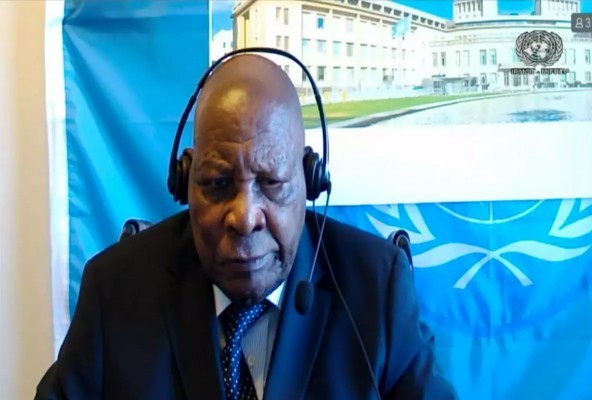
.jpeg-20230127112648000000.jpeg)
